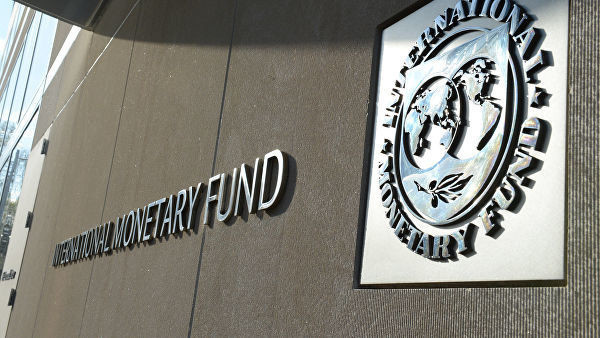
AKIPRESS.COM - The Kyrgyz Republic needs higher and more inclusive growth to absorb the rapidly growing labor force. Otherwise, unemployment will rise especially for youth, outmigration accelerate, and the income gap with emerging markets widen, said the IMF in a statement following a remote mission in the context of the 2021 Article IV consultation with the Kyrgyz Republic.
This will require policymakers to guide the transformation of the economy from remittance and aid dependency to private sector-led growth underpinned by investment and exports. The government should seek to provide a market-friendly business climate, a stable legal framework, a competitive environment, and opportunities for human capital development. Structural reforms are needed in the following areas to address the main bottlenecks to growth:
Governance. The authorities’ new Anti-Corruption Strategy aims to address systemic corruption by enhancing the role of the civil society, strengthening transparency and accountability of public institutions, and improving trust in courts and law enforcement. These objectives can be supported by (i) improving governance and transparency of state owned enterprises (SOEs); (ii) further strengthening the AML/CFT framework; (iii) publishing comprehensive asset and income declarations by senior public officials and investigating illicit enrichment; and (iv) strengthening public finance management through automation and digitalization. The revised procurement law envisages disclosure of beneficial owners in all public contracts, which is a welcome institutional reform. Full contracts with identities of beneficial owners, including for all emergency spending contracts, and audit reports should be published as committed under the RFI/RCF. Improving efficiency and transparency of complaints handling would further strengthen the public procurement system.
Access to electricity . The electricity sector is in a difficult financial condition, is poorly managed, and is in urgent need of investment to improve service quality. To strengthen its financial and operational viability, the mission recommends developing a medium-term reform plan to optimize costs, strengthen governance and accountability, and improve revenue generation. While commercial tariffs are above cost-recovery, residential tariffs are well below this level, implying inefficient cross-subsidization. Any adjustment in residential tariffs, as recently announced by the authorities, would need to be paired with targeted social assistance to protect the most vulnerable households.
Access to finance. Addressing information asymmetries and fostering competition would help reduce high interest rate spreads and high collateral requirements by banks. There is scope for expanding the coverage of credit registries and improving lender access to borrower information; encouraging entry of new banks and strengthening the bank resolution framework to facilitate speedy exit of the failed ones; developing a competition law; automating information exchanges between financial institutions and with the tax authority; and developing capital markets and fintech. The NBKR’s efforts to improve financial literacy are welcome.
Access to export markets. Underdeveloped infrastructure, inadequate quality and phytosanitary controls, and lengthy customs clearance procedures for goods are significant non-tariff barriers. To address some of these issues, the authorities are planning to speed up implementation of WTO agreements to simplify trade procedures, including through digitalization, simplify customs procedures, improve quality controls, eliminate duplication of phytosanitary inspections, and introduce e-commerce legislation and supportive infrastructure. Speedy progress in these areas would support Kyrgyz exports.
Education and skills upgrading. The Kyrgyz Republic spends more per capita on education than its peers but continues to rank poorly on school enrollment and test scores. Most education spending is on wages, while the outlays to improve the quality of education are small. It will be critical to reprioritize the education budget and develop an education reform strategy. Better integrating women in the labor market and supporting youth employment would also raise potential growth.
